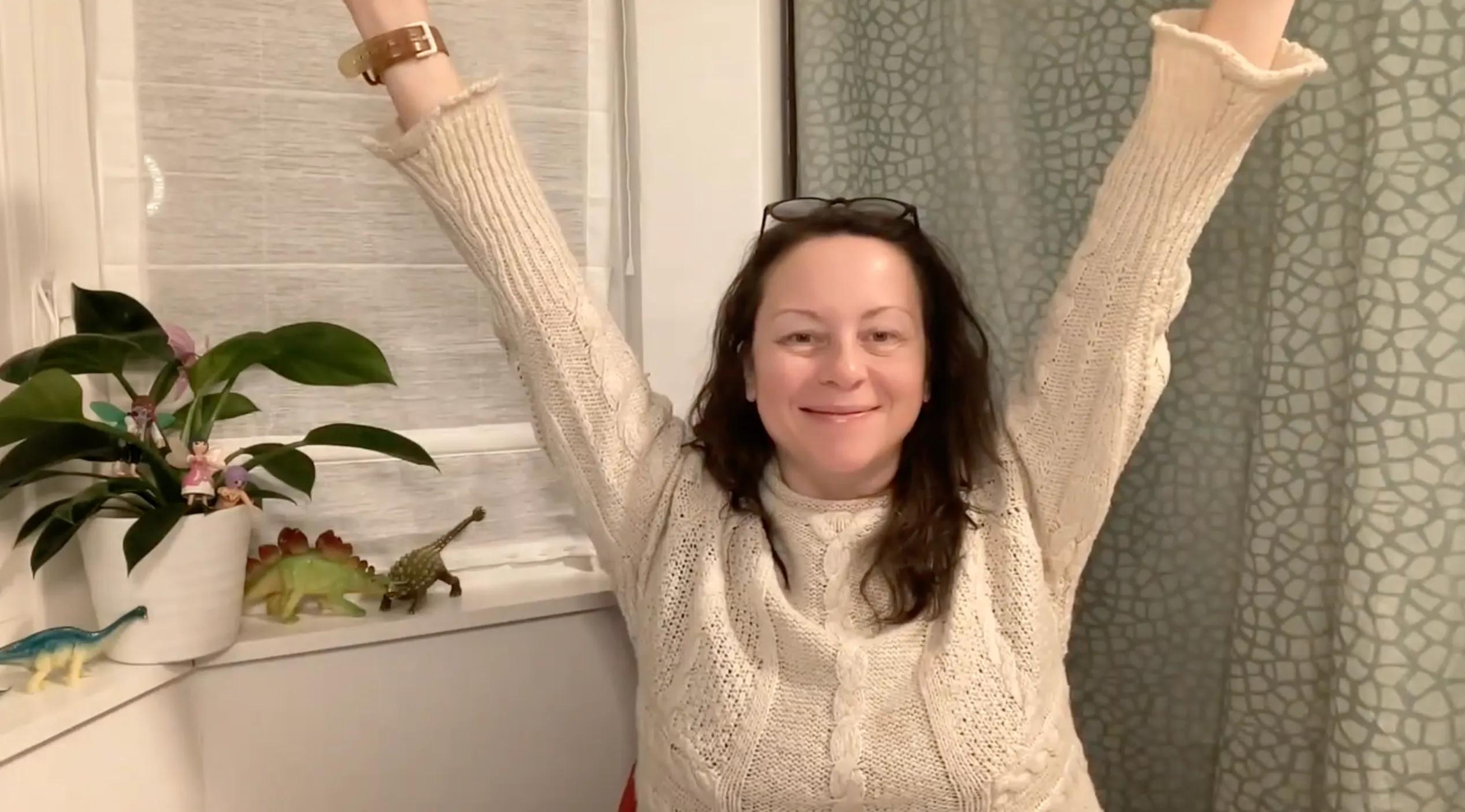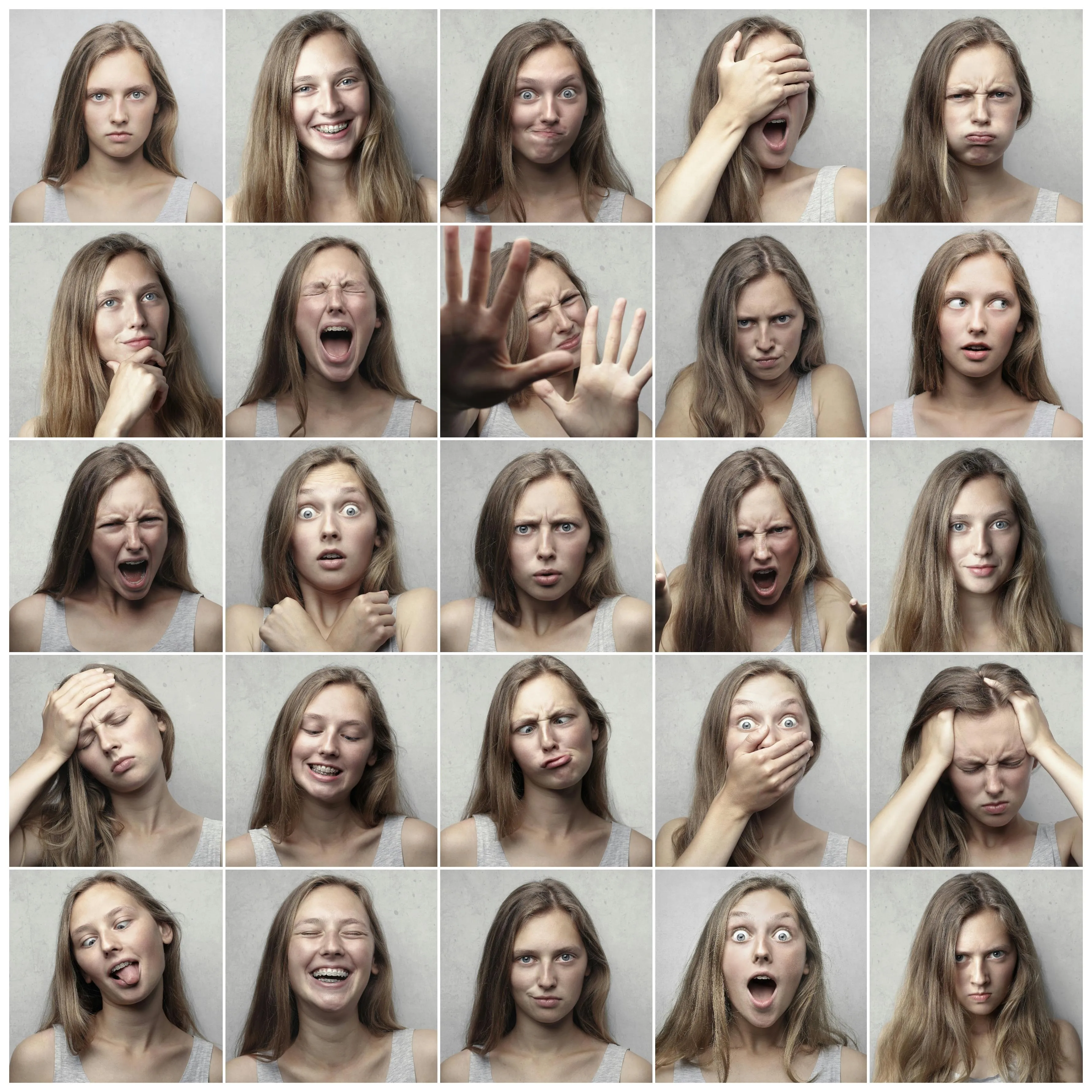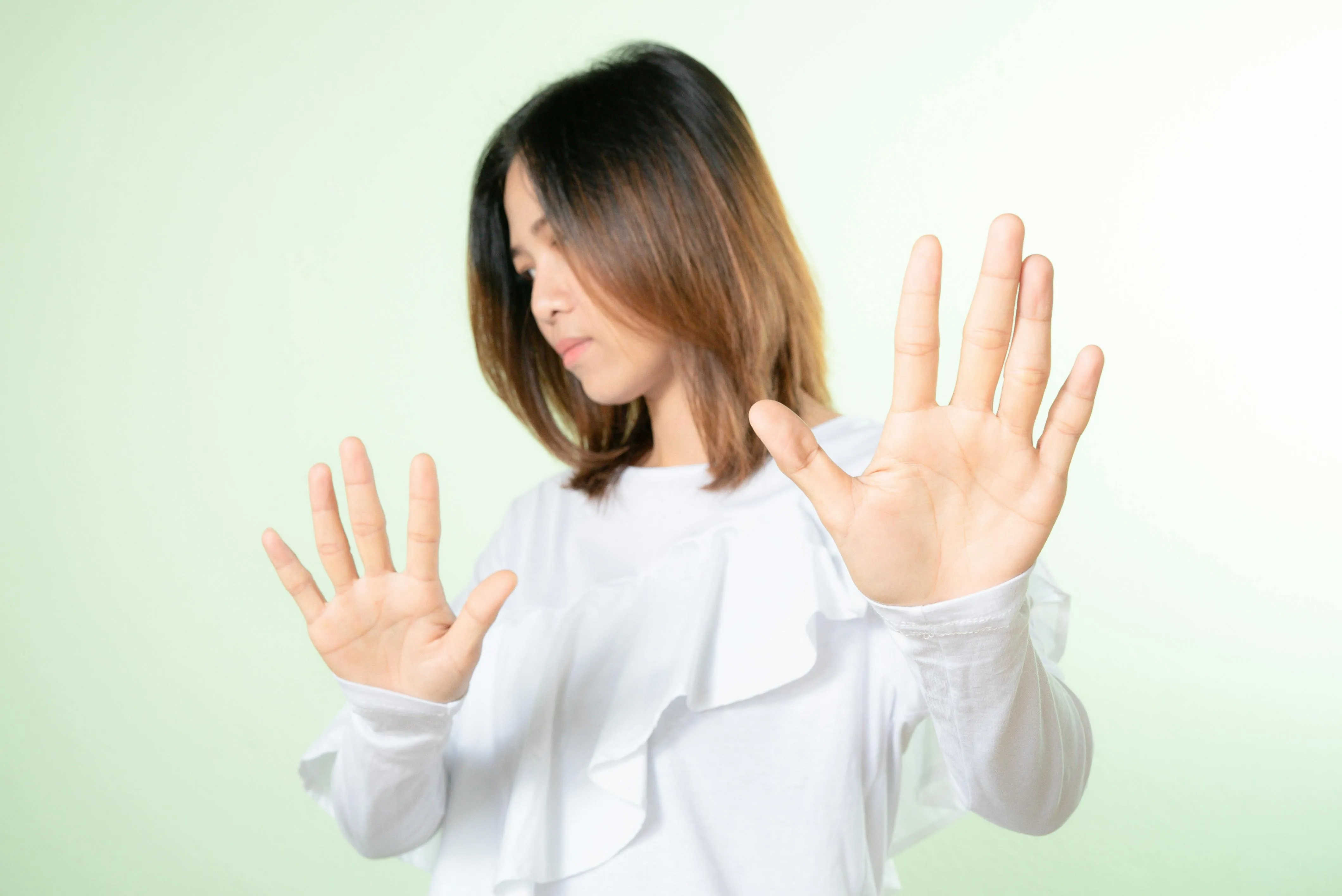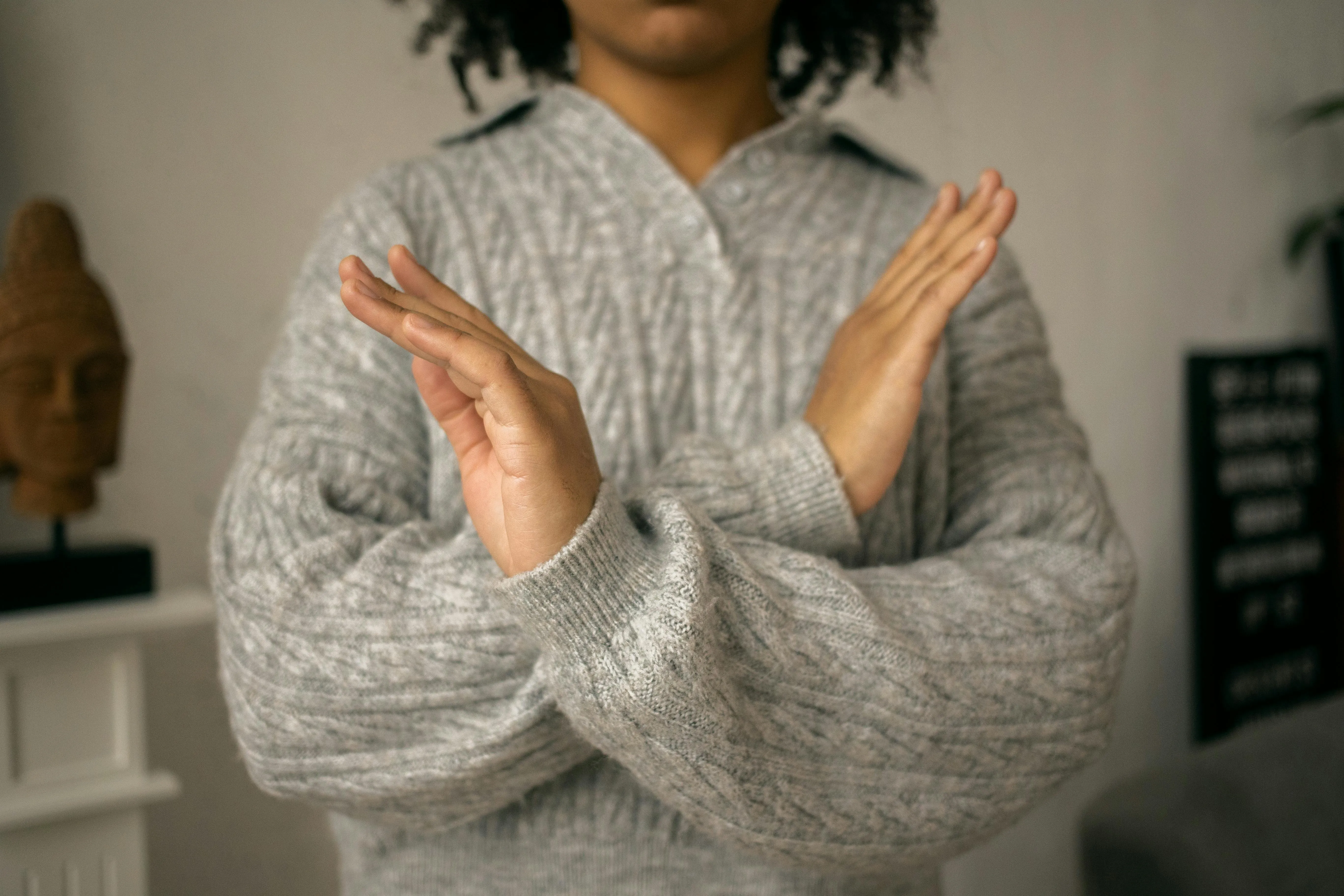What actually is emotional regulation then?
This blog is about emotional regulation - why regulating our emotions is important, and how we can get out of the constant feeling of being dysregulated. I had absolutely no idea I was dysregulated most of the time. I had spent most of my adult life not having much of a clue what emotional regulation was all about. Until I burned out big time (for the second time) and was forced to do something about being in dysregulation almost constantly.
In this blog article I start my emotional regulation journey and hope to provide tips (and entertainment) so that you can also understand dysregulation and stop being dysregulated so often.

Why should we care about emotional regulation?
Back in October 2022, after losing a dear friend to cancer (and losing myself for a while), I took a course on self mastery. (Yes, I am a self-help/ personal growth junkie. I have taken more courses and read more books than you can shake a stick at. But let’s face it, those of us who are growth junkies, usually do it because we can no longer stand to feel that miserable inside. And my misery started long before my friend was even sick).
This self mastery course, taught by the amazing (and I don’t use that term lightly) Andrea Callanan ended up changing me so much, but in ways I wasn’t expecting. The terms dysregulation and hypervigilance came up quite often, and I must confess, up until that point, even though I’d heard these terms many times and thought I knew what they meant, I did not. Even so, I was surrounded by amazing women who had done incredible things, but where dysregulated a lot. Most of the time, in fact.

So I started to ask my non growth junkie friends – do you know what dysregulation is? Yep! Came the answer, but they couldn’t always elaborate or give me an answer in the way that I fully understood. So I asked them, do you know the mechanisms by which you become dysregulated? They looked at me as though I was a sandwich short of a picnic and changed the subject. Apparently, not all my friends are as interested as me in how the brain works.
During the self mastery course, Andrea and her team discovered I was dysregulated most of the time, and gave me a few individual coaching sessions to work out why. I have to say, this came as a bit of a shock. I never thought of myself as someone why was dysregulated most of the time (I mean, not that I exactly knew what that was, but still). I thought I was just plodding along like everyone else. How did this even happen? And what did it mean, other than I felt like crap and was exhausted most of the time?
And then I started to wonder. How many other people are dysregulated most of the time? And how many of these are as completely unaware of that fact as I was? If you’re not aware, you’re obviously not going to know or start learning what you can do to regulate yourself. So you just stay in dysregulation and feel really horrible inside (and exhausted), most of the time, like I did. Is this why a lot of people are generally snappy, troll others online, yell at their kids and then feel guilty, or write nasty comments on Daily Mail articles?

So I decided to start looking into emotional regulation, what it is, how you regulate etc. Because I’m pretty much a beginner here. Think of me as a toddler learning to regulate their emotions, because I reckon I’m fairly close to that level. And as I learn, and take some hard and sometimes downright scary steps to learn how to regulate, I hope I can help you in some way too. Whether it’s learning to better regulate your own emotions, stop numbing out, or help your kids regulate.
So let’s look about what emotional regulation actually is.
What actually is emotional regulation?
(Please bear with me while I learn and put this stuff out there. I will make mistakes (it’s how we learn as humans. And we want to make making mistakes all about gaining information and learning, not about shaming – which will push a person right into dysregulation faster than you can say, er, shame). If I do, please help me by pointing them out and I will come back and correct things).
So, emotional regulation is defined by the American Psychological association as “the ability of an individual to modulate an emotion or set of emotions”. So, basically, your ability to manage your emotions and behaviour in response to a given situation.
Aldao and Plate (2018) state that “Emotion regulation is a process by which individuals modify the duration or intensity of their emotions to best respond to environmental challenges.”

So, we’re talking about managing the way we react to things. Now, I don’t know about you, but if I see a large house spider crawling up my arm, I am going to scream and jump (and not in a delicate way). If I go outside without sunglasses when there’s even a hint of sun through the clouds, I’m going to be squinting, wanting to escape, and very grumpy until I find a solution. And if I’m triggered by something, usually someone’s behaviour, I’m going to react.
So our emotional reaction is automatic (for information on just how our nervous system does react, see the blog post on How does our nervous system work), so how do we deal with that to modify it?
The first step – being self aware
From the website positivepsychology.com, they state “a person who has poor emotion regulation strategies is more likely to fall prey to mood polarities; their actions and behavioral patterns would always be at the mercy of their emotions”, while “a well-regulated person, will have a better balance and judgment of their feelings and actions. Emotional regulation allows us to carefully judge which affective outcomes to embrace and which ones to avoid (Wegner, Erber, & Zanakos, 1993).”
So we need to know if we’re just reacting to our emotions without having any awareness around them.

When we’re aware of what we’re feeling, we can often work out why we’re feeling it. So, am I feeling anxious? Ashamed? Frustrated? Vulnerable?
Because once we know, we can work out why we’re feeling that way. And then we’ll know what to do about it (I hope. Remember, I’m a beginner here on emotions, even though I’m an adult in my best years).
The problem with becoming self aware
Ok, so. Being aware of our feelings. I ‘feel’ like I’ve been here before, didn’t like it, and quickly left.

I’ve burned out a few times (it has taken me a lot of work on myself to no longer be embarrassed to admit that), but the last time I burned out I had 5 months off work and was sent for 4 of those months to out-patient ‘rehab’ for people who don’t really know how to deal with stress. (I do believe teaching how to deal with stress in schools – who often cause a lot of stress themselves – would save a lot of dealing with painful emotions).
Anyway, as part of the rehab, we had group psychology sessions where the psychologist talked a lot about when feeling an uncomfortable feeling, that we sit with that feeling until it reduces.
My first reaction was What the actual F%&/!??? My second reaction, on leaving, was driving to the closest supermarket, buying a huge bag of chilli cheese wotsits, and stuffing my face in the car park until I felt better.

Yes, that is (was) how I deal with uncomfortable feelings.
And to get out of being constantly dysregulated, I need to stop with the chilli cheese wotsits (they make me feel sick anyway, even though they taste fantastic at first), and become aware of my feelings instead.
Right.
Do I have to?
It seems that I do.
The alternative is to stay in almost constant dysregulation, which is quite frankly painful and exhausting.
Ok then. I will experiment a bit on this, and see how it goes. Then I’ll report back, hopefully with tips on how you can start to get out of dysregulation yourself in a gentler way.
References
Aldao A and Plate A (2018). Coping and emotion regulation. In: Process-Based CBT: The Science and Core Clinical Competencies of Cognitive Behavioral Therapy. New Harbinger Publications
Wegner DM, Erber R and Zanakos S (1993). Ironic processes in the mental control of mood and mood-related thought. Journal of Personality and Social Psychology. 65(6), 1093-1104
